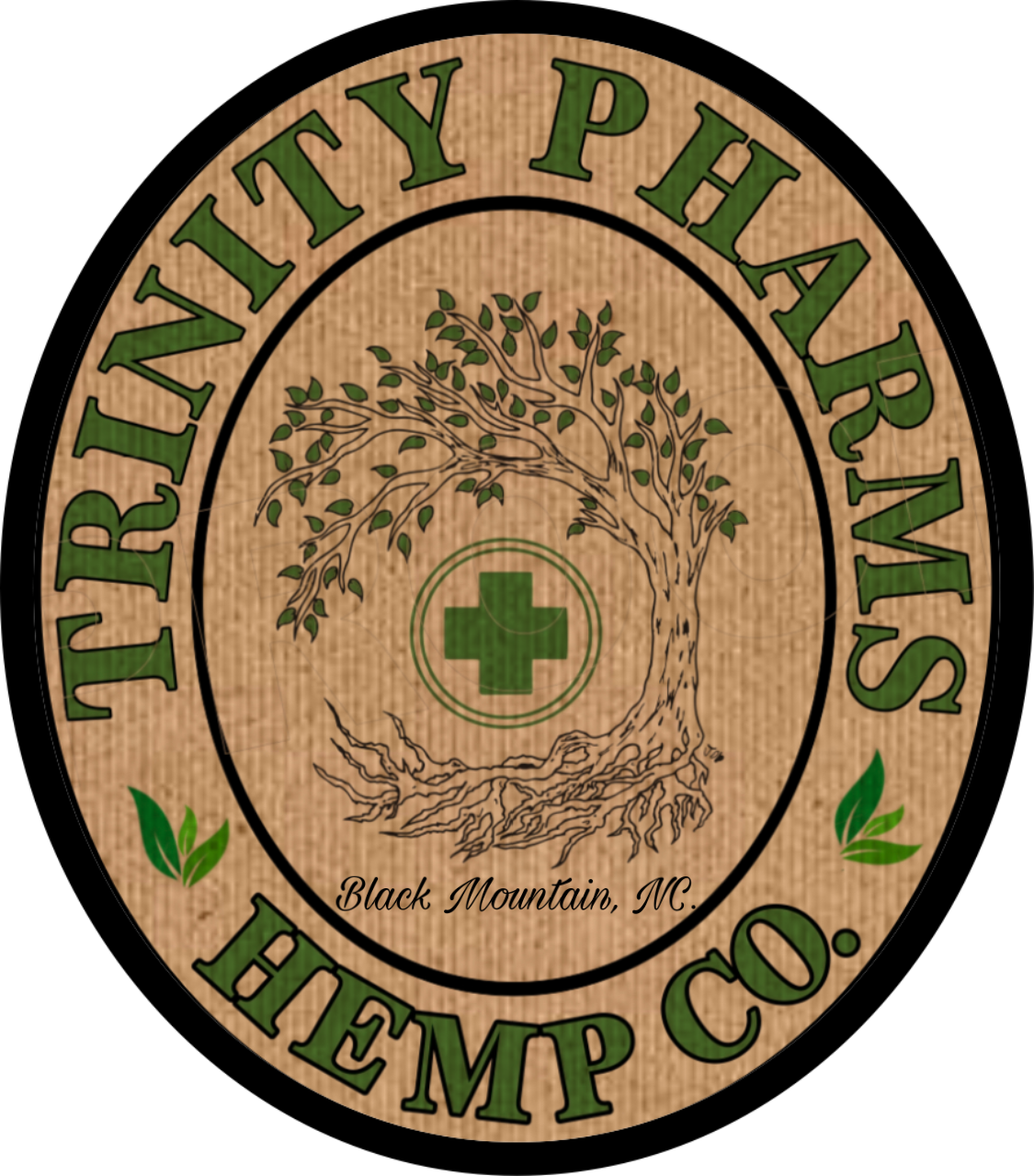What Did The 2018 US Farm Bill Do?
The answer to “is CBD legal in all states” is complicated and the answer is being hotly debated across the US at both the State and Federal level. As of the writing of this article CBD is still illegal at the Federal level as a Schedule 1 drug and illegal at the State level in Iowa, Idaho, and South Dakota. So, almost everywhere, yet nowhere at the same time. However, to start let’s take a quick look at what the 2018 US Farm Bill did.
The 2018 US Farm Bill put in place a scheme for states to start the regulation of hemp production. It made hemp a category outside of other cannabis plants that produce higher than 0.3 percent THC. However, there are hurdles. The states that want to implement the program must develop a regulatory campaign and submit the plant to the Secretary of the USDA for approval before implementation. This is significant because it means that if you don’t have a valid state issued license pursuant to the 2018 US Farm Bill you are still illegally growing hemp. Also, since hemp is a major source of CBD, you can’t just grow hemp in your back yard next to your tomatoes. Further, the 2018 US Farm Bill doesn’t legalize CBD. CBD to this day remains a Schedule 1 Drug just like its more controversial cousin THC.
Conclusion, at the federal level CBD is still illegal and the federal government could at any time enforce those laws on the states and the citizens. That doesn’t seem probable, though fully possible.
How Will The States Decide?
Without direct federal oversight this leaves regulation up to the states. Most states (47 of 50 as of the writing of this article) have legalized CBD to some extent. What this means is that CBD production is legal under certain restrictions. Restrictions could mean that the CBD can’t be used in foods or beverages, or strict labeling is required, or it can’t be sold to minors. Many states don’t have any restrictions on CBD. Producers would still be required to comply with all other heath and safety codes for sales for those purposes. It isn’t a completely open market.
At a smaller scale, don’t forget the power of your city or county. Cities and counties retain significant power of the local economies. This means that they can completely regulate certain industries if they feel like it is detrimental to the citizens or the general health and welfare of the community. This often takes the form of restrictions on cultivation or sale of certain goods in county or city lines. However, in some areas it has extended to outlawing transport of the product across county lines even if the product is destined for another area. These have yet to be challenged in court. Their legitimacy is still in question.
IS The FDA Involved?
The FDA has promised to start setting guidelines for the production of CBD. The initial guidelines are set to be released sometime in late 2020. There is no promise that this will happen but it shows that the federal agencies are slowly moving away from the Schedule 1 label to a more regulated and open system.
